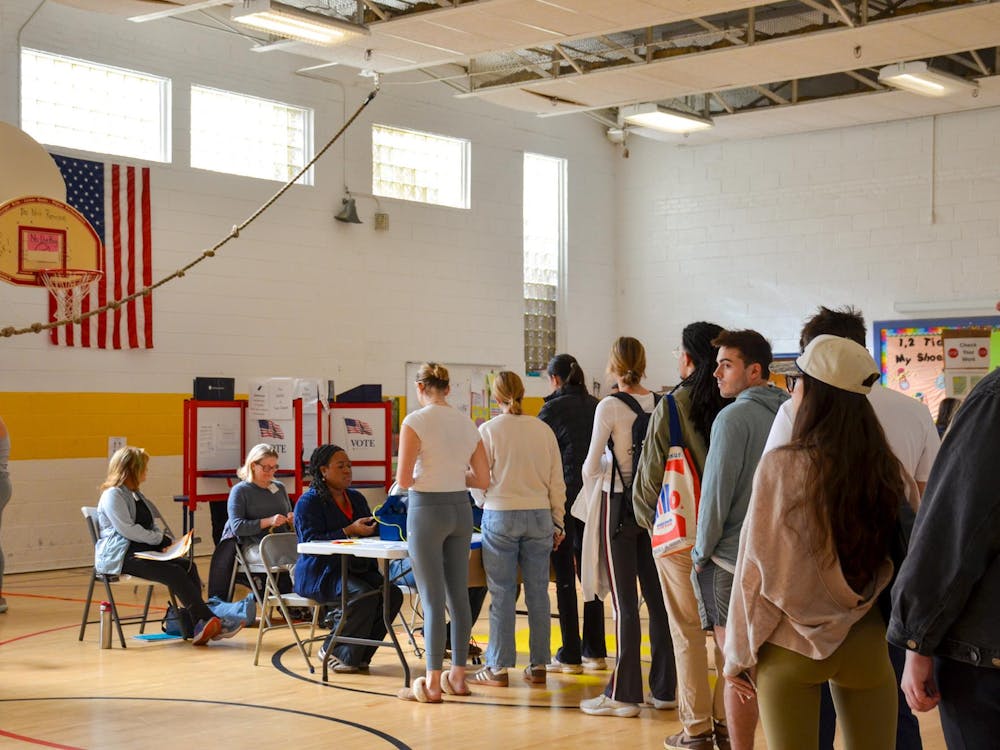In their separate budget proposals passed last night, the Virginia House of Delegates called for more severe higher education funding cuts than did the Senate.
The House bill limits a tuition increase to about 7 percent, while the Senate bill caps it at about 9 percent.
The House bill adds 2.7 percent to the base salary of all faculty and classified employees in November 2003. The Senate bill does not add to a base salary, but offers the option of a 2.5 percent one-time bonus or two weeks leave with full pay in 2002-2003, and a 2 percent one-time bonus or two weeks leave with full pay in 2003-2004.
The House bill cuts a total of $5.8 million from research and public service centers, whereas the Senate bill cuts 10 percent, or an additional $1.6 million.
Both the House and Senate bills would cut higher education funds by $25.4 million in 2002-2003.
The Senate passed its version in the late afternoon, with a vote of 34-6.
Sen. Creigh Deeds, D-Charlottesville, said what the Senate "produced is not pretty, but it's a start."
"Both the House and the Senate versions include fairly severe budget reductions, much larger than [Gov. Mark R.] Warner's proposal," said Colette Sheehy, vice president for management and budget.
"However, both also have said that the money from the tuition increase will not be funneled to the general fund, as Governor Warner just proposed, Sheehy said. "Instead, the money generated will be kept by the University to help offset budget reductions."
She added that both versions also allow each institution's Board of Visitors to determine individually their tuition for in-state students.
The next step in the budget process is a conference committee to be held next weekend, consisting of three members from both the House and Senate, to resolve the budget differences between both houses.
A conference report will be due March 7. Warner then will have 30 days to respond to the budget agreement. Warner has not yet announced which budget version he prefers.
In an effort to raise additional money for transportation and education, the General Assembly also has considered bills that would allow voters to increase the 4.5 cent-per-dollar sales tax.
Warner endorsed the Senate's version of the sales tax bill, which includes a November referendum asking voters to decide whether they support a half-cent increase in the sales tax to support education. Hampton Roads would have to pay an additional 1 percent, and Northern Virginia would have to pay a half-percentage point under the plan.






